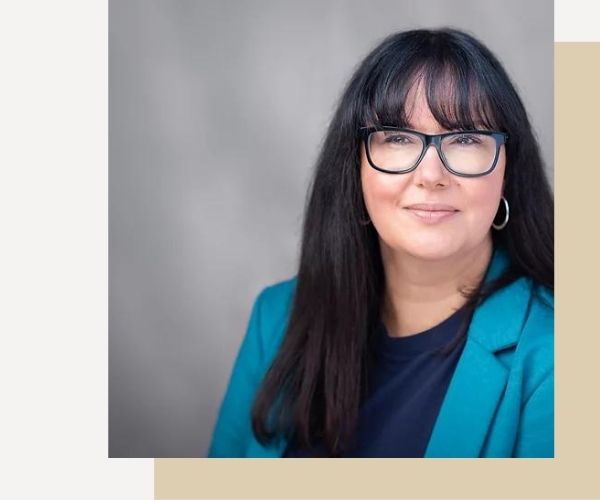
I asked ‘what supervision is’ a lot, I mean a lot. Many people think that supervision might be some form of strange therapy for therapists, or something where you’re held accountable for the targets of an organisation. But supervision, or should I say clinical supervision, is a totally different thing. In some respects, there is an element of it being therapeutic, but it’s not therapy; and sure, whilst you are accountable for your clients and being scrutinised about the work you’re doing, it’s not about being target driven. So it sits in this weird space almost in between and includes reflection, learning, support and challenge.
So, do you need it? Well, I’m always going on about how supervision for those whose roles mean that they are helping or caring for others is essential. Certainly, for the psychological professionals it’s expected. But in the wider helping professions I sometimes get some scepticism about it.
So, it’s probably easier to frame it this way…
In my opinion, if you’re saying you don’t need supervision, this is what you are actually saying….
You believe you don’t need to:
- think about the quality of the work you do
- explore the dynamics you have with clients and why this is
- discuss the intricacies of the challenges you face in your practice
- celebrate the successes in your work and reflect on why and how this happened
- explore the reasons why you were drawn to your role and how this gets evoked in the work you do
- explore how organisational dynamics impact on your practice
- reflect on how your personal and professional lives collide
- explore the issues of equality, diversity and inclusion are addressed in your practice and how your own intersectionality are present in the work
- evaluate your overall wellbeing and resiliency and how these impact on your work
- think about the relationships you have with colleagues, and managers, and how this dynamic affects you and your practice
- look at how you want to develop as a practitioner, identifying areas of growth and need
- explore the ethical dilemmas you face and reflect on your decision making
- think about how to work to issues around risk
- think about the challenges and successes in working with distress, hope, trauma, change and growth
- explore the impact of working empathetically with people and how this affects you
I would argue that anyone who works to help or support anyone else would want to do all of the above so that they can continue providing the work they do, right?
Get in touch if you want to engage in a discussion about supervision: drmish@supervisioninstitute.com



3 Comments
Love this Michelle. I have found this is especially relevant for people I am supervising that are not trained counsellors.
Thanks Angela, yes supervision is essential for those that have a role where they help/care for others.
Great post Mish, You write so clearly. Love where you’re coming from.